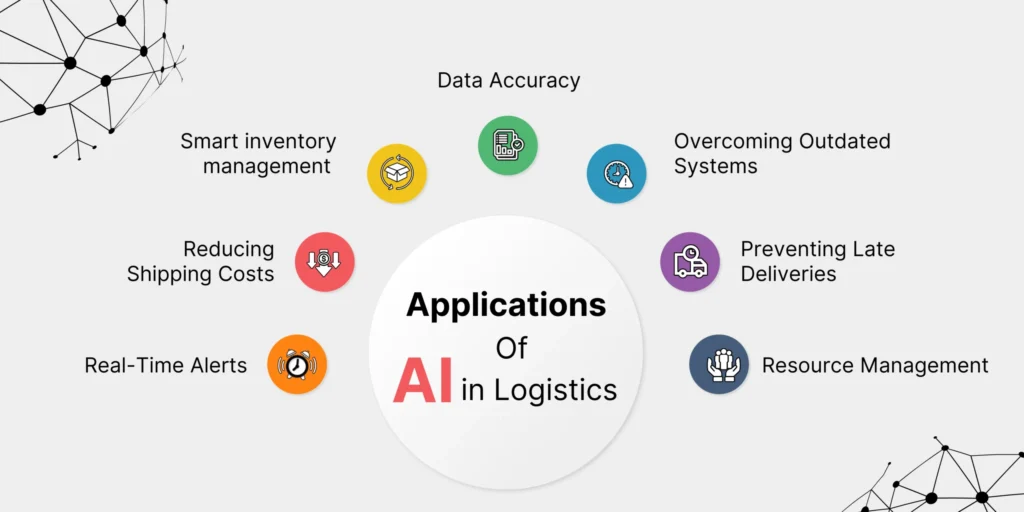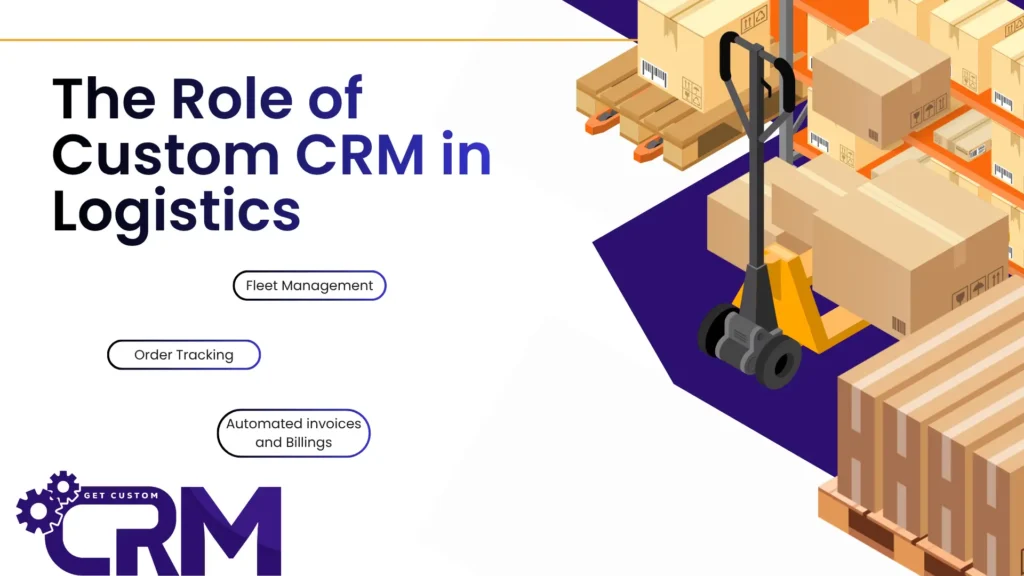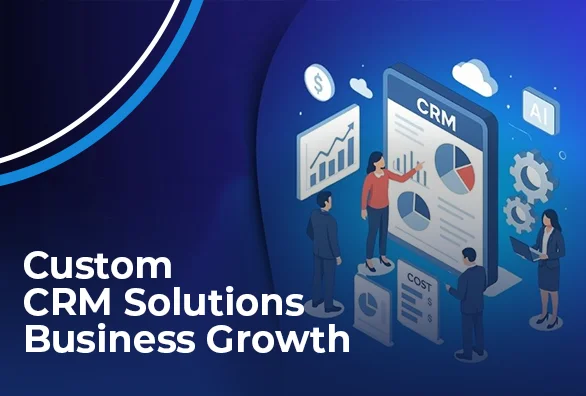
In the world of logistics that has become fast-paced, the necessity of efficient operation and customer relationship management (CRM) has never been so much needed. Logistics CRM is a disruptive technology as it allows companies to run their operations in an effective manner and provide excellent customer service. With the help of a dedicated CRM, the logistics industry will be able to solve its specific issues, enhance communication, and become more efficient overall. This article offers a general discussion of logistics CRM, its main characteristics, and the way it improves the logistics business ecosystem.
Table of Contents
What is Logistics CRM?
A logistics CRM is a dedicated customer relationship management system that is designed based on the unique requirements of the logistics industry. In contrast to generic CRM systems, logistics CRM is aimed at efficient optimization of processes that are important in terms of supply chain management, scheduling delivery, fleet management, and customer communication. It combines these functions to enable logistics companies to handle all the activities, such as tracking orders to customer support, with a smooth and centralized platform.
Key Benefits of Logistics CRM
Streamlined Operations
Using CRM, companies are able to automate their daily functions, including processing orders, shipments, and customer requests. This results in reduced errors, reduced manual work, and lowered turnaround time, which is translated into improved service delivery.
Improved CRM
A successful logistics CRM offers tracking and updates in real-time, that improves transparency and builds trust with customers. Logistics companies can provide best customer experience by telling customers on their packages, time of delivery, and the hurdles that may be encountered.
Data-Driven Insights
Logistics CRM systems provide valuable insights that may be used in strategic decisions because of analyzing customer and operational data. It can be optimization of delivery routes, a change in the level of inventory, or areas of improvement. Thus, data-driven decision-making will be a potent growth tool.
Enhanced Communication
In logistics, communication is required. The solutions of logistics CRM usually have built-in communication opportunities, which provide real-time notifications, alerts, and access to customer support. This will keep the customer updated on the status of their shipment and enhance customer satisfaction and loyalty.
The Role of Custom CRM in Logistics
Each logistics company has its needs and issues. Although generic CRM systems have facilities of a basic operational nature, custom CRM is specifically tailored to meet the exact needs of logistics companies. Be it route optimization, fleet management, or having comprehensive records of customers, a custom CRM will offer the flexibility that is not available in off-the-shelf solutions.
The features of a custom CRM that logistics businesses can incorporate by choosing a custom CRM include:
Fleet Management
Specific CRMs can be used in monitoring the performance, maintenance records, and routes of the vehicles in the fleet os that they ensure that resources are used in an efficient manner.
Order Tracking
Real-time tracking of each delivery is enabled by custom CRM systems. This provides detailed information about shipment tracking, the delivery time that is estimated, and possible delays.
Automated Invoices and Billings
Custom CRM would help businesses to automate billing systems where invoices are generated in real-time. This minimized the risk of errors in billing and enhanced the management of cash flow.

Why Choose GetCustomCRM for Your Logistics Needs?
GetCustomCRM realizes that one size does not always fit, and this is particularly true in the dynamism of logistics. Our business is to provide a tailored CRM solution that meets your business requirements and gives you a smooth integration that improves customer experience and operational efficiency.
Under GetCustomCRM, the following customizable features are available to the logistics companies:
- Real-time Data Synchronization: Get all departments in sync with the supply chain with real-time data.
- End-to-End Visibility: GetCustomCRM provides full visibility of shipment tracking from pickup to delivery.
- Scalability: GetCustomCRM scales with your business as your logistics business expands, easily accommodating new markets, larger fleet sizes, and supply chains with complexity.
Why Logistics CRM is a Must-Have in Today’s Competitive Landscape?
A logistics CRM is not an option in the competitive logistics industry anymore, as customer expectation keeps increasing. The provision of a logistics CRM system supports the efficiency of operations as well as gives the company a strong competitive edge. It enables companies to remain at the forefront of the curve as it offers insights into the business that would help foresee the customer demands, locate bottlenecks, and optimize the work processes.
When you decide to use logistics CRM as your business strategy, it is not only keeping pace with your industry, but it is also establishing a pace. Whether you implement an off-the-shelf CRM or a custom CRM made by GetCustomCRM, the results of both methods are same: efficient and customer focused logistics operation.
FAQs
How does logistics CRM differ from a normal one?
A logistics CRM is dedicated to the provision of operations related to logistics, such as fleet management and shipment status, whereas a typical CRM is oriented to the routine relationships management, sales, and marketing.
Is it true that I can design a logistics CRM for my business?
True! A custom CRM will allow you make the system that meets your certain logistics requirements, including, optimization of route, and automated invoicing.
How does logistics CRM benefit customer service?
It has real-time updates, improved communication, improved issue resolution, and customers are always informed, hence satisfied.
Is a logistics CRM scalable?
Yes, a logistics CRM can be scaled to fit your business, adjusting to the rising fleets, more markets, and customer demands.
Conclusion
In order to remain competitive in the fast-changing logistics industry, companies need to embrace new technologies that improve their efficiency in operations as well as customer satisfaction. The core of this change is logistics CRM, which offers the instruments required to facilitate processes, enhance communication, and make decisions based on data. Through the use of a custom CRM software of GetCustomCRM, logistics companies will have the prospect of achieving their full potential and enhancing their service delivery to the expectations of the contemporary customer.


